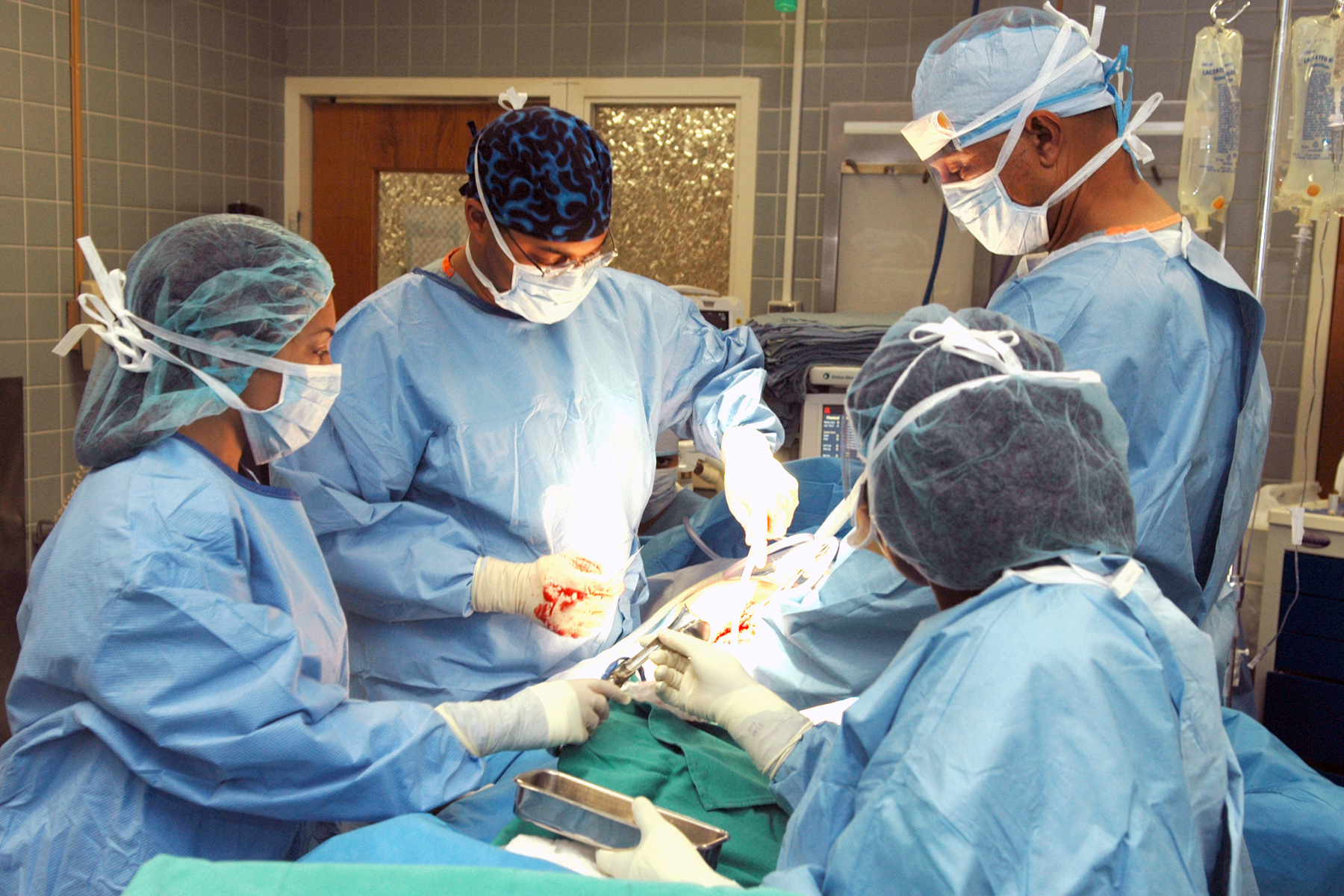Florida Organ Transplant Errors Attorney
Millions Recovered for Accident Victims
Fort Lauderdale Organ Transplant Errors Lawyer Fighting for Your Rights
Medical science has made it possible to replace a damaged, defective or diseased organ with a healthy one. Organ transplants save thousands of lives each year. There are many people in Florida who are alive today because of an organ transplant procedure.
Although organ transplants are becoming more commonplace, there is nothing routine about the procedure. Transplanting an organ from one person to another is a complicated process that exposes the patient to a significant amount of risk. Careful attention during the entire process — from prepping the patient for surgery and harvesting the replacement organ to performing the actual transplant, followed by a lengthy recovery where the patient is susceptible to organ rejection or infection — are required for a successful organ transplant procedure. Even a minor error during the procedure could have devastating, even fatal consequences.
On This Page
If you or a loved one has been the victim of an error during an organ transplant procedure due to negligence on the part of a healthcare professional, you may be able to get compensated for your pain, suffering and financial loss. Fort Lauderdale organ transplant errors attorney Lisa L. Levine, P.A. helps victims of medical malpractice. Lisa has been successfully representing clients in Fort Lauderdale, Tampa, Coral Springs, Miami, Boca Raton, Hollywood, Pompano Beach, and other surrounding Florida communities for over 40 years, during which time she’s established a solid reputation for getting her clients the justice they deserve.
Jane Doe
v. Surgeon and Hospital
Estate of John Doe
v. Hospital
Teresa Rojo
v. Julio Diaz-Jane, M.D.
How Do Organ Transplant Errors Occur?

For many patients, organ transplant surgery is the only option they have. Their lives depend on receiving healthy organs harvested from legitimate sources, and then transplanted into their bodies by highly trained, highly skilled specialists.
In many cases, the organs are harvested from recently deceased donors. The organ must be removed by an experienced medical technician in a sterile, certified facility. The organs are highly perishable; there is only a limited period time in which the procedure must be completed.
Many problems can arise if the proper procedures are not followed during this process, including:
Transplant surgery is a complex, potentially dangerous procedure that can only be performed by healthcare professionals – surgeons, nurses, anesthesiologists — that have been properly trained in these procedures. Any mistake during the surgery could be a fatal one. These mistakes can include:
After surgery, the patient must receive special care in order to have a full recovery. The patient is especially vulnerable during this time. Infections and errors in administering the medications that prevent organ rejection, could cause the patient to have to endure the procedure a second time or worse, kill them.
Frequently Asked Questions About Organ Transplant Malpractice Claims
Your Rights, Our Priority
Get Help From A Fort Lauderdale Organ Transplant Errors Attorney
If you or a family member has suffered or died as a result of an organ transplant error in Fort Lauderdale, Tampa, or any of the surrounding areas, contact the law offices of Lisa S. Levine P.A. immediately. Proving malpractice for an organ transplant error can be a challenge. You need a skilled Fort Lauderdale organ transplant errors attorney with the courage and expertise to take on the hospitals, the healthcare professionals and their insurance providers to get you the biggest settlement possible.
Call us today at (954) 256-1820 to schedule a free consultation or contact us online. We will be happy to meet with you in your home or hospital room, if your injury has left you unable to travel to our offices.
We handle all organ transplant negligence cases on a contingency basis. This means there are no up-front costs for our clients and we only collect a fee when you receive your settlement.
